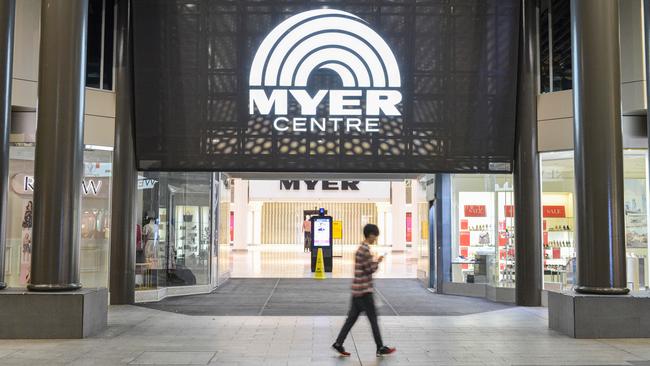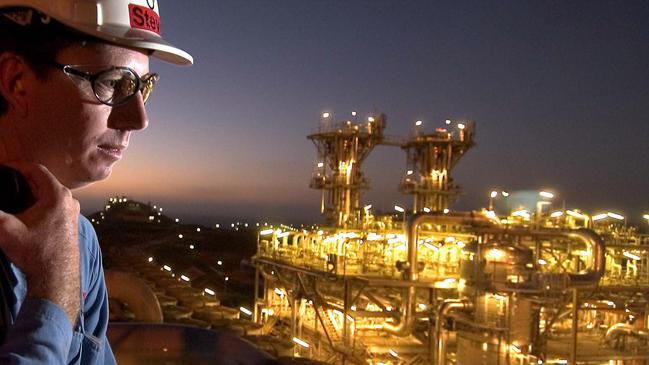
It is the second time such a gamble has been taken. Earlier this year the market punted that COVID-19 would not be a major event despite the clear warnings in the bond market. The bond market was right.
This time, around the world, second grade corporate bonds have been smashed as the market fears that corporations will suffer a prolonged downturn. But once again share markets are bullish and while they started May weaker they are still confident.
It’s true that these days swings in the share market (both ways) are multiplied by computer trading and once the market sets a direction money automatically follows the trend. In addition, many investors sold shares in the slump and as the market rises they fear they are going to miss out so start investing their newly-created liquidity—almost in panic.
Nevertheless, if the share market is right then the massive loss provisions we saw this week from Australian banks are over the top and the pending damage will not be as great as their boards expect.
The Australian market and the Treasury people preparing budgets may be listening to the Reserve Bank rather than the organisations closer to the business coal face. The RBA believes the economy will explode into a 6 per cent growth rate. By contrast, Commonwealth Bank says the 2021 growth rate will be half that at 3 per cent and ANZ is at 4 per cent. Westpac and NAB also are at the low end.
We are therefore close to a 50 per cent difference between the private and public forecasters, which is huge. It means the whole premise of the next budget/forecasts/ongoing relief etc are likely to be out from the start.
And CBA takes its forecasting difference with the Reserve Bank two steps further:
Step one: “Our central scenario for a lift in GDP of 3.25 per cent in 2021 is less optimistic than the RBA. We think that business investment and residential construction will be sluggish right through 2021”;
Step two: “And we don’t think that the spending habits of households will fully recover to the level they were pre‑COVID‑19”.
CBA’s step two is a big statement and reflects what CBA and other banks are seeing at the coal face, which is very different to Martin Place.
The RBA is also likely to be giving false hope to the share market.
The areas that looks most vulnerable to longer-term damage are the retail sector and shopping malls, plus energy.
The big rise in online purchases will moderate but we are unlikely to go back to the old ways.
A large number of the retail outlets, including both small and large stores, have closed and their owners have suffered big losses. Many will never return and if they do it will be on a totally different rent basis, so damaging the value of retail centres. Supermarkets are doing well but they are also stepping up their home deliveries.

But the must staggering commercial outcome from the pandemic has been falling energy consumption. As a major energy exporter Australia will suffer unless there is a reversal.
According to this week’s report from the International Energy Agency, demand for energy could crash six per cent this year if lockdowns persist for many months and the economic recovery is slow — that is, the sharemarket is wrong.
Such a scenario is “increasingly likely”, according to the IEA. A fall of that scale would be seven times the size of the decline following the 2008 global financial crisis. Demand for electricity is poised to plunge five per cent in 2020, the largest fall since the Great Depression.
Naturally demand for coal, oil and gas has been slashed, highlighted by international air travel almost coming to a standstill. The IEA says oil demand could drop 9 per cent, wiping out eight years of growth. Only renewable energy has held up, with demand for electricity generated from solar and wind set to rise by one per cent in 2020.
If global oil demand never returns to its 2019 record high, US oil companies plus oil operations in Russia, Nigeria and the Middle East will be hit. And of course BHP is drilling for oil in the Gulf of Mexico.
For what it is worth I think the market is underestimating the implications of these massive shutdowns. But longer term it’s the changes in retail and energy that will be most profound.








Over the last month global share markets took a huge gamble that the world would bounce back from COVID-19 in great shape.